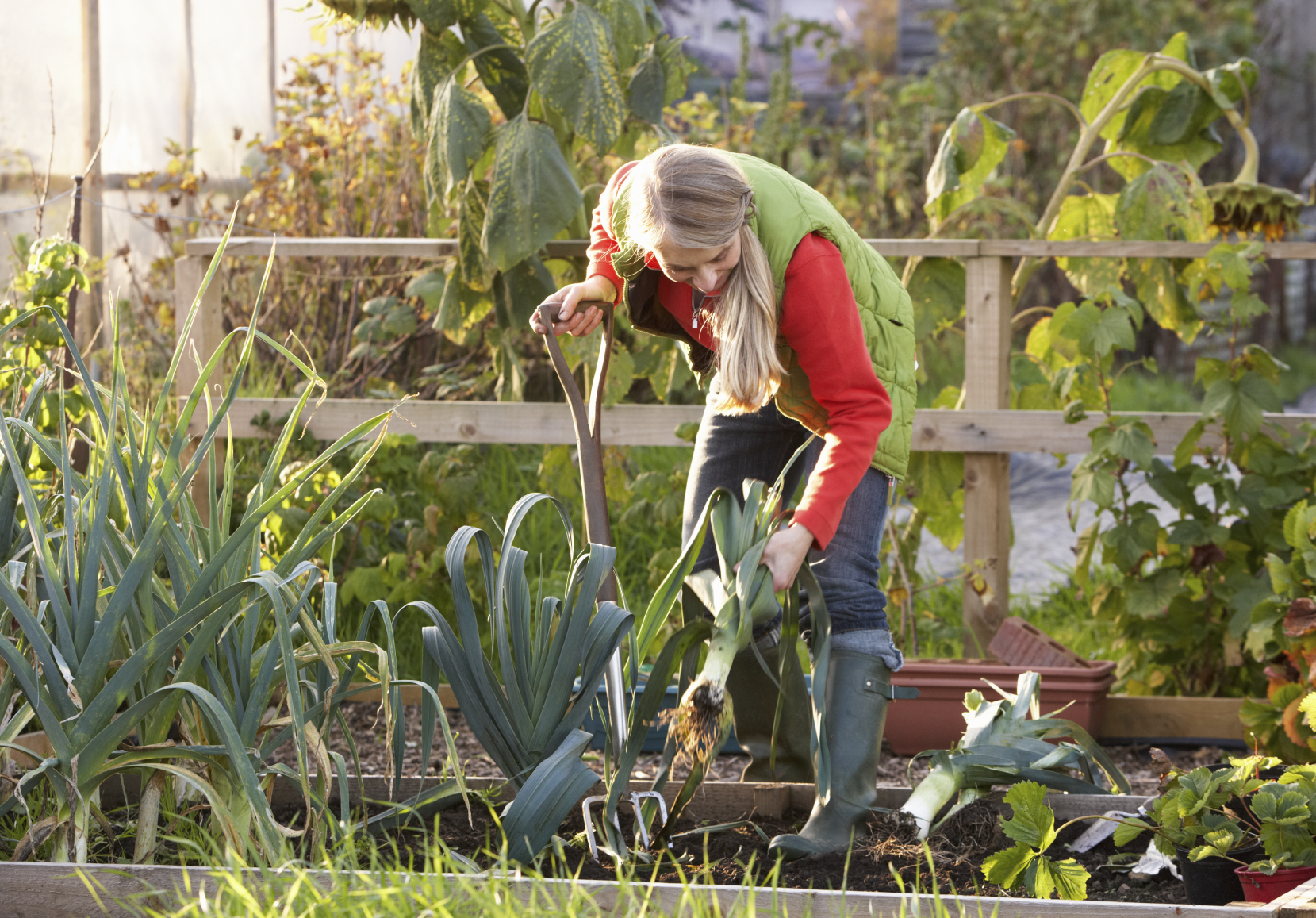
GLASGOW City Council are calling for the city’s residents to grow their own food in an attempt to increase environmental sustainability and address problems of food poverty.
A series of workshops are intended to shape the city’s new food growing strategy, with hopes for people to grow more food in their own neighbourhoods.
It is envisaged that growing would take place in a wide variety of settings such as raised beds, planters, community gardens, allotments and orchards and include fruit, vegetables, herbs and flowers.
Under the Community Empowerment Act, the council now also has a responsibility to identify and increase the land within the city that can be used for allotments and, more generally, for plant cultivation.
The legislation also expects there to be a focus on areas of socio-economic disadvantage when seeking to identify land for allotments and cultivation.
To ensure the work is directed properly, the council is currently developing a food growing strategy and is looking for the views of people involved with allotment associations, community gardens, food networks and food poverty groups as well as those on allotment waiting lists and members of the public simply interesting in growing.
The workshops will aim to get an understanding of food growing currently underway in Glasgow, generate interest in food growing and identify potential growing sites.
In addition, three of the eight workshops will also look the themes of social enterprise, outdoor learning and health in relation to food growing.
Councillor Anna Richardson, City Convenor for Sustainability and Carbon Reduction, urged anyone with an interest in growing their own food to come along to the workshops, which are free to attend.
She said: “Ensuring Glasgow becomes a sustainable food city is a key part of the council’s overall plan for the city. Local food growing can help to address the city’s issues with food poverty but also promotes positive physical and mental well-being.
“Becoming a sustainable food city will only happen if we grow together as a food growing community. There is already considerable growing expertise in gardens, allotments and other spaces all across the city and it is essential we tap into this knowledge and experience as we shape our food growing strategy.
“The workshops are also about encouraging people who are interested in growing to get more involved. Participating in the workshops will give people a chance to have their say on the future of food growing in Glasgow.”
Eight workshops are set to take place across the city between February and May 2019 with the first scheduled for Tollcross Leisure Centre on February 7 at 6pm.

Enjoy the convenience of having The Sunday Post delivered as a digital ePaper straight to your smartphone, tablet or computer.
Subscribe for only £5.49 a month and enjoy all the benefits of the printed paper as a digital replica.
Subscribe